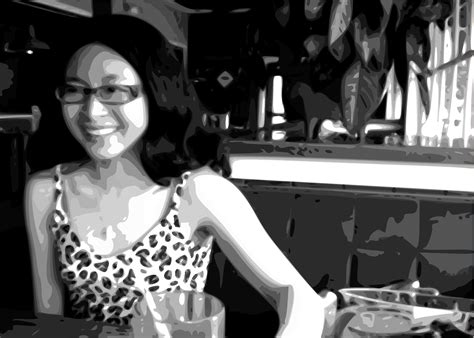Цитата Джейн Гудолл
Мы изучаем социальные нормы нашего общества и соответствующим образом изменяем свое поведение.
Связанные цитаты
Политическая философия реалистически утопична, когда она расширяет то, что обычно считается пределами практически осуществимых политических возможностей, и тем самым примиряет нас с нашими политическими и социальными условиями. Наша надежда на будущее нашего общества основывается на вере в то, что социальный мир допускает разумно справедливое общество народов.
Это факт, что на Западе мы живем в капиталистическом обществе, но это не значит, что мы не можем руководствоваться в своей работе идеей общественного сознания. Да, модный дизайн требует, чтобы потребители потребляли, но мы можем внести свой вклад в общество, управляя нашими компаниями социально ответственным образом и создавая продукты, которые способствуют уважению социальных и экологических проблем. Существует также возможность того, что сила и влияние могут стать движущей силой перемен.
Я полагаю, что это не социальная норма и не мужское дело - чувствовать, обсуждать чувства. Так вот на что я показываю. Социальные нормы и прочее... что хорошего в социальных нормах? Я думаю, что все, что они делают, это создают ограниченный и вредный образ людей. Таким образом, это препятствует более широкому общественному признанию того, кем на самом деле может быть кто-то или группа людей.
Многие аспекты нашей жизни, связанной с экраном, плохо влияют на наши социальные навыки просто потому, что мы привыкаем контролировать поступающую информацию, управлять нашими отношениями в электронном виде, удалять то, что нас не интересует. Мы редактируем мир; выбираем из меню; мы выбираем и выбираем; наша социальная «группа» фокусируется на нас и распадается без нас. Это сбивает нас с толку, когда мы выходим на улицу и обнаруживаем, что поведение других людей нельзя удалить с помощью простой команды одним нажатием или перетащить на значок корзины.
Мы живем в обществе социальных сетей, со страницами в Твиттере и Фейсбуке, и это нормально, но у нас есть контакт с нашими коллегами по работе, семьей, друзьями, и кажется, что половину времени мы больше заняты телефоном и другими вещами. вещи, происходящие вместо реальных отношений, которые у нас есть прямо перед нами. Будем надеяться, что люди могут извлечь из этого уроки и попытаться реально помочь, если кто-то борется с чем-то более глубоким внутри, чем то, что они раскрывают изо дня в день.




































